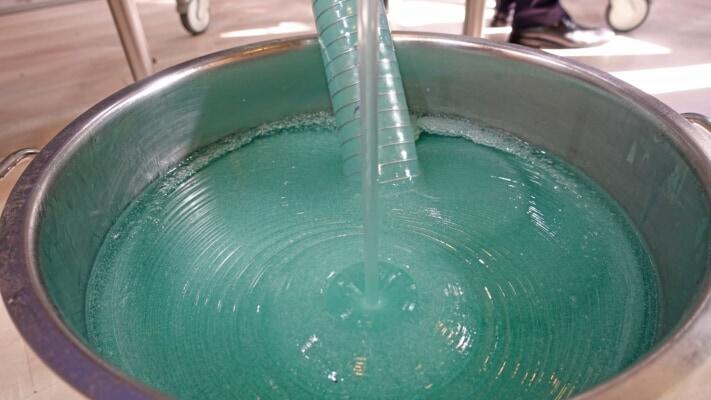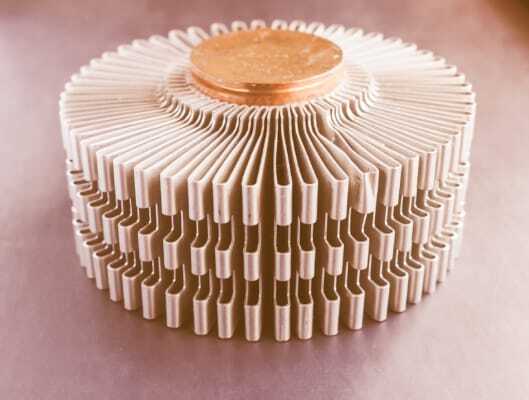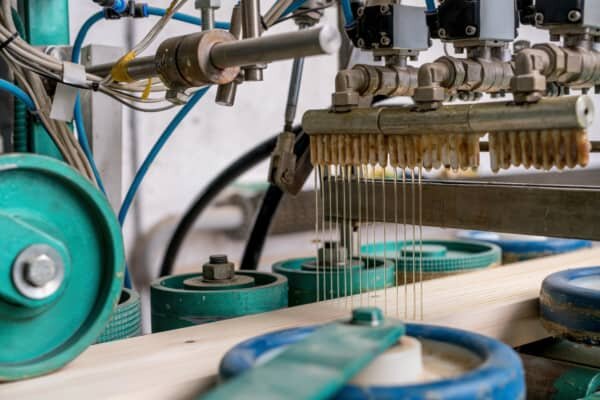New 100% biodegradable adhesive material discovered by scientists in Boston University

New biodegradable adhesive material - eco-friendly alternative
The use of plastics, as we know them, should be reduced in order to protect the Earth and guarantee our health and safety. However, plastics are contained in most adhesives performing an important task: making things stick to each other. For several years now, researchers and scientists have been on the lookout for greener solutions composing of biodegradable adhesive material.
Boston University professor Mark Grinstaff and his team have been working to find such a material to provide an environmentally friendly alternative to conventional adhesives. They recently published a paper reflecting the research results and revealing a 100% biodegradable adhesive material which is completely made of naturally derived chemical components. According to the team, this adhesive material can easily be adapted to meet the requirements of many industrial and medical applications.
The secret to biodegradability is carbon dioxide
When developing the biodegradable adhesive material, which is as efficient as non degradable adhesives but far more environmentally friendly, the scientists wanted to mimic the plastic binders found in paint that make it stick to the substrate. The adhesive consists of biodegradable polymers and contains 20 to 40% CO2, being a 100% biodegradable.
This biodegradable adhesive material has the consistency of honey and it uses carbon dioxide, which would otherwise be released to the atmosphere, as its key ingredient. This brings along a challenge to oil refining and production plants: they could repurpose produced CO2 gas for eco-friendly biodegradable polymers. Recyclability an biodegradability could be increased by this new adhesive which keeps up the trends recognized in other innovative adhesive solutions.
Properties beneficial to many industries and sectors
Breaking down in a year or less, the new biodegradable adhesive material is interesting for many industries. As it can be easily modified to suit many purposes by adjusting the polymer-CO2 ratio, the opportunities are numerous. The Boston University scientists prospect medical sector and packaging industry to benefit the most from their discovery.
The adhesion of the material can be made stronger or weaker or suitable for certain substrates by rather simple modifications. The strength of the adhesive can range from that of Scotch tape to permanent wood adhesive. The modifications would allow it to stick to metal, glass, wood, Teflon and even wet substrates.
Suitable for medical sector or packaging industry
The two sectors that are currently the most active in the area of biodegradable adhesive systems are medical and packaging. For the packaging industry, this new adhesive could mean 100% compostable and carbon neutral packaging. On the other hand, the medical industry could benefit from the fact that the adhesive is absolutely safe to use on or in the human body. It could play a role in replacing metal used in surgeries to hold bone together. The adhesive could also contribute to wound healing process protecting cuts, scrapes or wounds.
Future plans for biodegradable adhesive material
According to the research team, they are now at the point of finding the most suitable market for their discovery. This could be medical or packaging, but other options can still be considered. The Boston University scientists have proven that we do not need to choose between eco-friendly and efficient - with this adhesive, both can be achieved!





